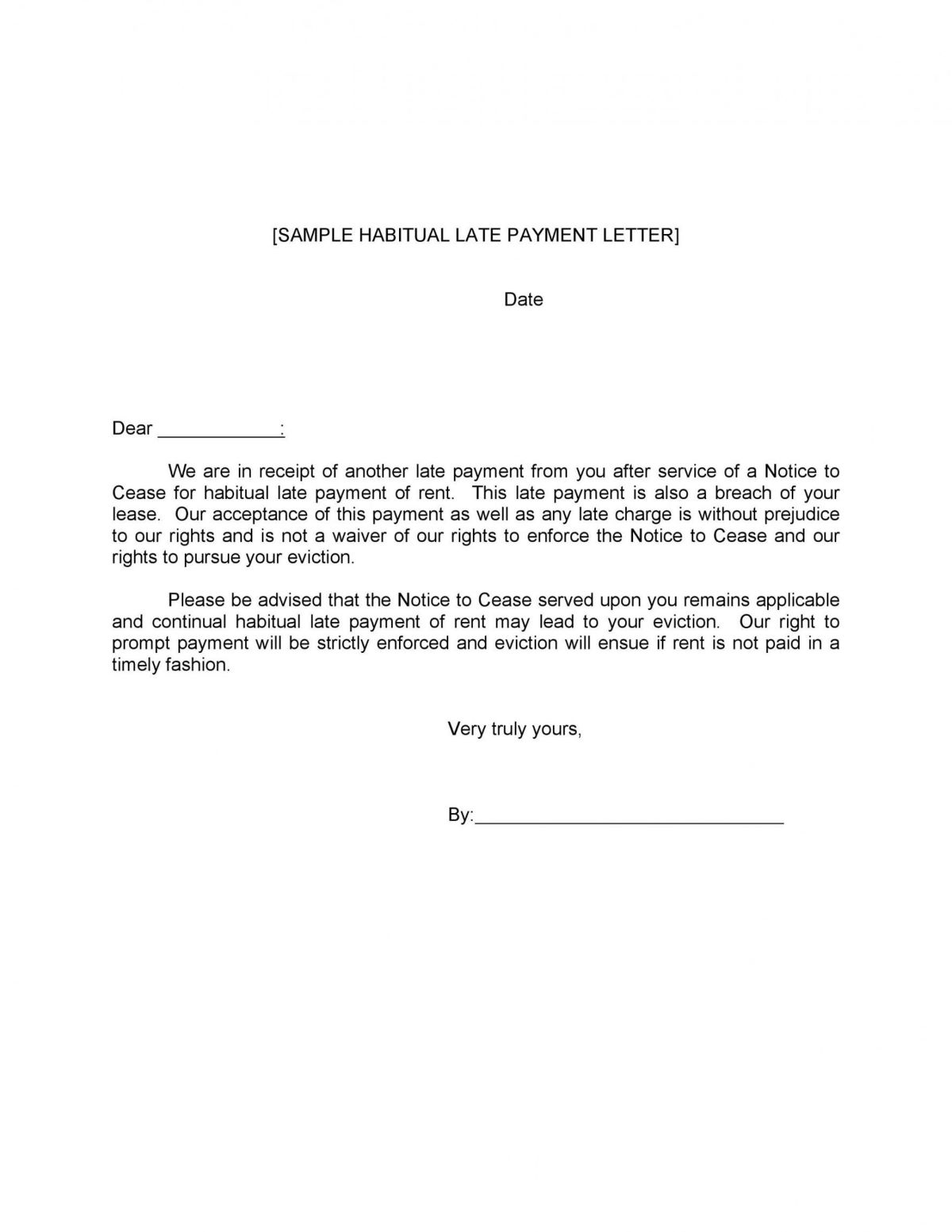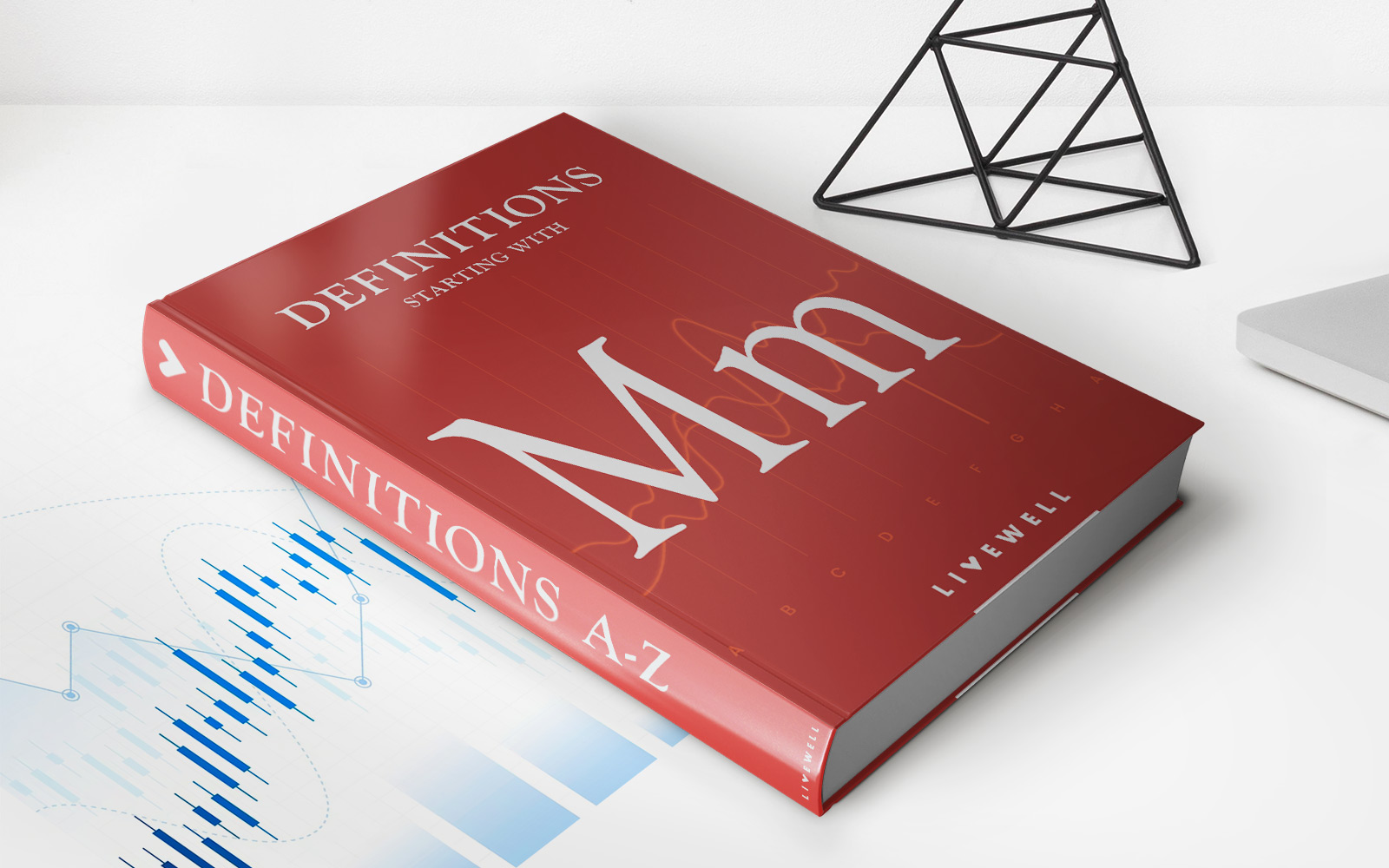

Finance
What Is The Legal Late Fee For Rent In Georgia
Published: February 23, 2024
Learn about the legal late fee for rent in Georgia and ensure compliance with finance regulations. Understand the rules to avoid penalties and protect your rights as a tenant or landlord.
(Many of the links in this article redirect to a specific reviewed product. Your purchase of these products through affiliate links helps to generate commission for LiveWell, at no extra cost. Learn more)
Table of Contents
Introduction
Late fees are a common aspect of renting a property, serving as a deterrent for tenants to pay their rent on time. In the state of Georgia, the legal framework surrounding late fees is designed to protect both landlords and tenants. Understanding the regulations and limits on late fees is crucial for both parties to ensure fair and lawful practices. This article aims to provide comprehensive insights into the legal late fee for rent in Georgia, shedding light on the permissible limits, consequences of charging excessive late fees, and tenant rights in this context.
Navigating the intricacies of late fees in Georgia requires a clear understanding of the relevant laws and regulations. By delving into the legal framework and its implications, landlords and tenants can foster transparent and harmonious rental relationships. This article will serve as a valuable guide for individuals involved in rental agreements in Georgia, equipping them with the knowledge needed to navigate late fee regulations effectively. Let's explore the nuances of late fees in Georgia and gain a deeper understanding of the legal landscape surrounding this essential aspect of rental agreements.
Understanding Late Fees in Georgia
Late fees are charges imposed by landlords on tenants who fail to pay their rent on time. In Georgia, late fees are a crucial component of rental agreements, providing an incentive for tenants to fulfill their financial obligations promptly. Landlords typically outline the specifics of late fees in the lease agreement, including the amount of the fee and the grace period provided for late payments.
It is important for both landlords and tenants to comprehend the terms and conditions related to late fees. The lease agreement should explicitly state the amount of the late fee and the grace period, which is the duration after the rent due date during which the tenant can make a payment without incurring a late fee. Understanding these terms is essential for tenants to avoid unnecessary financial penalties and for landlords to enforce timely rent payments effectively.
Additionally, landlords must adhere to the legal constraints governing late fees in Georgia. State laws dictate the maximum amount that landlords can charge as a late fee and provide guidelines for implementing these fees. By familiarizing themselves with these regulations, landlords can ensure compliance and avoid potential legal repercussions.
Tenants should also be aware of their rights and responsibilities concerning late fees. Understanding the terms outlined in the lease agreement and being informed about the legal limits on late fees can empower tenants to address any discrepancies or excessive charges effectively. This knowledge enables tenants to advocate for fair treatment and seek recourse in instances of unjust late fee impositions.
By comprehensively understanding late fees within the context of Georgia rental agreements, both landlords and tenants can navigate this aspect of the leasing process with clarity and confidence. The next section will delve into the legal limits on late fees in Georgia, shedding light on the specific regulations that govern these charges.
Legal Limits on Late Fees in Georgia
In Georgia, the imposition of late fees by landlords is subject to legal limitations to safeguard tenants from excessive financial burdens. The state’s landlord-tenant laws outline specific regulations regarding the maximum allowable late fees, ensuring that tenants are not unfairly penalized for late rent payments.
According to Georgia law, late fees must be reasonable and bear a rational relationship to the actual damages incurred by the landlord due to the late payment. While the statutes do not prescribe a specific cap on late fees, they emphasize the requirement for fees to be proportionate to the actual losses suffered by the landlord. This provision aims to prevent landlords from imposing exorbitant late fees that far exceed the genuine costs associated with late payments.
Landlords in Georgia are encouraged to exercise prudence and fairness when determining late fees, taking into account the actual financial repercussions of late rent payments. This approach aligns with the overarching goal of fostering equitable and transparent rental practices, benefiting both landlords and tenants.
It is imperative for landlords to clearly define the late fee structure in the lease agreement, specifying the amount of the fee and the grace period provided for late payments. By transparently communicating these details to tenants, landlords can ensure mutual understanding and compliance with the stipulated late fee terms.
Furthermore, landlords should maintain consistency in applying late fees across all tenants, upholding fairness and uniformity in their rental practices. Adhering to these principles not only cultivates a harmonious landlord-tenant relationship but also mitigates the risk of potential disputes or legal challenges related to late fees.
Understanding the legal boundaries of late fees in Georgia empowers landlords to implement reasonable and lawful fee structures, while providing tenants with the assurance that they will not be subjected to unjust financial penalties. By aligning with the state’s regulations, landlords can foster an environment of trust and fairness, contributing to a positive and mutually beneficial rental experience for all parties involved.
Consequences for Charging Excessive Late Fees
Charging excessive late fees in Georgia can lead to various consequences for landlords, underscoring the importance of adhering to the legal limitations and exercising prudence in imposing these fees. Landlords who levy unjustifiably high late fees may encounter challenges from tenants and face potential legal ramifications, emphasizing the significance of compliance with the state’s regulations.
One of the primary repercussions of charging excessive late fees is the risk of tenant disputes and legal actions. Tenants have the right to contest unreasonable late fees and seek recourse through legal channels if they believe that the fees imposed by the landlord are unjust or disproportionate to the actual damages incurred. This can result in legal proceedings that may be time-consuming and financially burdensome for landlords.
Moreover, charging excessive late fees can strain the landlord-tenant relationship, leading to dissatisfaction and discord. Tenants subjected to unfair or exorbitant late fees may become disenchanted with their living arrangements and harbor negative sentiments toward the landlord. This can culminate in strained communication, potential lease termination, or a tarnished reputation for the landlord within the rental community.
From a legal standpoint, landlords who consistently impose excessive late fees may face scrutiny from regulatory authorities or housing agencies. Violations of the state’s regulations regarding late fees can result in penalties, fines, or other disciplinary actions, impacting the landlord’s standing and credibility within the real estate and rental industry.
It is crucial for landlords to exercise prudence and reasonableness in determining late fees, ensuring that the fees align with the actual damages incurred due to late rent payments. By adhering to the legal constraints and maintaining fair and transparent fee structures, landlords can mitigate the risk of facing the aforementioned consequences and foster positive and compliant rental practices.
Understanding the potential ramifications of charging excessive late fees underscores the importance of upholding the legal limitations and promoting equitable and harmonious landlord-tenant relationships. By prioritizing fairness and compliance, landlords can cultivate a conducive rental environment that engenders trust, satisfaction, and mutual respect between all parties involved.
Tenant Rights Regarding Late Fees in Georgia
Tenants in Georgia are entitled to specific rights and protections concerning late fees, ensuring that they are not unfairly burdened by excessive or unjustifiable financial penalties. Understanding these rights empowers tenants to assert their entitlements and address any discrepancies or violations related to late fees effectively.
One of the fundamental rights afforded to tenants is the right to challenge unreasonable late fees imposed by landlords. If tenants believe that the late fees levied are disproportionate to the actual damages incurred by the landlord due to late rent payments, they have the prerogative to contest these fees and seek resolution through legal avenues. This safeguard enables tenants to advocate for fair treatment and prevent exploitation through exorbitant late fees.
Additionally, tenants have the right to transparency and clarity regarding late fees. Landlords are obligated to explicitly outline the late fee structure in the lease agreement, specifying the amount of the fee and the grace period provided for late payments. By providing clear and comprehensive information about late fees, landlords enable tenants to make informed decisions and fulfill their financial obligations in a timely manner.
Tenants also possess the right to uniform and consistent application of late fees. Landlords are expected to apply late fees uniformly across all tenants, ensuring equitable treatment and avoiding discriminatory practices. This principle promotes fairness and equality, safeguarding tenants from arbitrary or unjust variations in late fee impositions.
In the event of disputes or discrepancies related to late fees, tenants have the right to seek recourse through legal channels. Regulatory authorities and housing agencies in Georgia oversee landlord-tenant matters, providing avenues for tenants to address grievances and ensure compliance with the state’s laws and regulations concerning late fees.
By being cognizant of their rights regarding late fees, tenants can actively engage in upholding fair and lawful rental practices. This knowledge empowers tenants to navigate rental agreements with confidence, advocate for their entitlements, and contribute to the promotion of transparent and equitable landlord-tenant relationships.
Understanding and asserting tenant rights regarding late fees is pivotal in fostering a rental environment characterized by fairness, accountability, and mutual respect. By upholding these rights, tenants play a proactive role in promoting harmonious and compliant rental practices, contributing to a positive and respectful landlord-tenant dynamic.
Conclusion
The legal landscape surrounding late fees in Georgia encompasses essential regulations and rights for both landlords and tenants. Understanding the nuances of late fees is paramount for fostering transparent and equitable rental practices, promoting harmonious landlord-tenant relationships, and ensuring compliance with the state’s laws.
For landlords, adhering to the legal limitations on late fees is crucial. By implementing reasonable and proportionate late fee structures, landlords can mitigate the risk of facing consequences such as tenant disputes, legal challenges, and regulatory scrutiny. Transparently communicating the late fee terms in the lease agreement and maintaining consistency in fee application are pivotal in fostering trust and compliance among tenants.
Tenants, on the other hand, are afforded specific rights that safeguard them from unjust late fee impositions. The ability to challenge unreasonable fees, the entitlement to transparent fee structures, and the right to seek recourse in the face of discrepancies empower tenants to advocate for fair treatment and contribute to a rental environment characterized by accountability and fairness.
By upholding these principles and understanding the legal framework governing late fees, landlords and tenants in Georgia can navigate rental agreements with clarity and confidence. This knowledge fosters an environment of mutual respect, transparency, and compliance, laying the foundation for positive and sustainable landlord-tenant relationships.
In conclusion, the legal late fee for rent in Georgia is underpinned by the imperative of reasonableness, fairness, and adherence to the state’s regulations. By embracing these principles, landlords and tenants can cultivate a rental landscape characterized by integrity, equity, and respect, ultimately contributing to the enhancement of the overall rental experience in Georgia.














